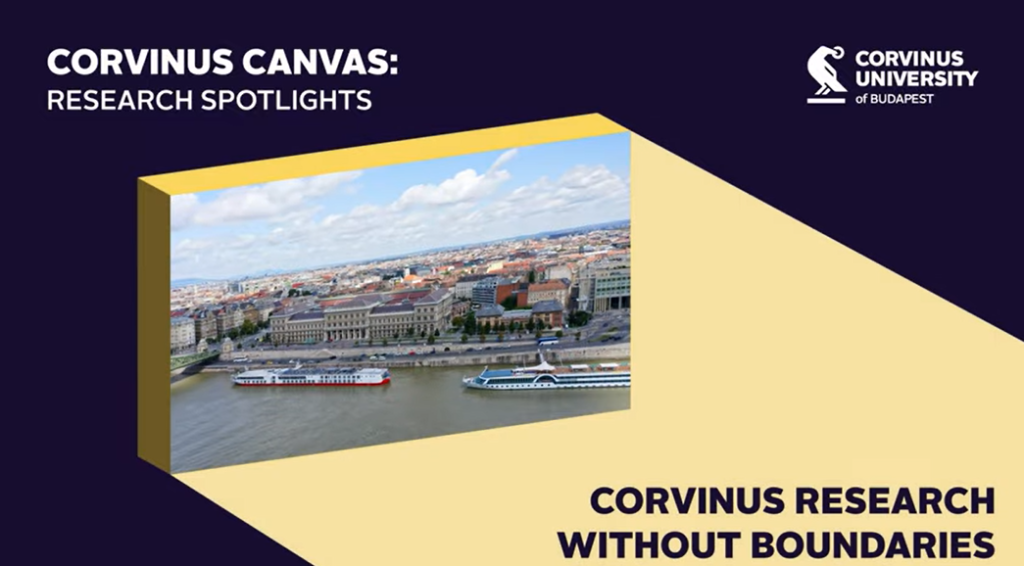Centre for Empirical Social Research
RESEARCH FOCUS
Our research group coordinates theoretically based empirical sociological research at the Corvinus University of Budapest in the topics of economic actors, entrepreneurs, elites, European integration, the information society and migration. We apply methods of design and analysis of questionnaires and representative data collections, content analysis, experiments, interviews, focus group in depth interviews, Delphi studies, deliberative public opinion polls, and citizens’ deliberations. RG staff have experience in discourse analysis and also in Q-methodology.
Mediatized EU – project
Objective: The MEDIATIZED EU project is an empirical investigation of the construction of media discourses and their impact on the European project, focusing on the elite-media-public triangle. The process of mediatisation represents a significant cultural shift in the context of modern politics. This shift is frequently driven by a combination of political preferences and economic policies that reinforce the role of the media in influencing public opinion. In such circumstances, the representation of politics in the news often deviates from the truth, leading to a greater sense of alienation among the public with regard to political processes and the media. Scholars have identified an ongoing shift from a ‘permissive consensus’ to a ‘constraining dissensus’ in public support for European integration. This suggests that the way the European project is framed by the media plays a significant role in shaping citizens’ perceptions of the EU and their attitudes towards European identity and EU enlargement.
It is therefore important to examine the specificities of the mediatisation of political discourses on Europeanisation across Europe, particularly in the context of the so-called Old and New European and Eastern Partnership (EaP) countries.
Methods: The project applies a comprehensive mixed-methods approach with qualitative, quantitative and deliberative research components. It does integrate content analysis and critical discourse analysis of the current media discourses, in-depth interviews with political and media elites, nation-wide representative surveys of the population, and finally, deliberative discussions with relevant publics in the target countries. The project provides a cross-country comparative analysis of seven target countries, as well as develop policy recommendations for national and EU policymakers.
Results: Research evidence suggests that the content structure of the media follows the logic of political polarisation. The internal pluralism of individual media sources is diminished, and the external pluralism between different media sources is asymmetrically polarised between pro-government and government-critical positions.
The elite interviews nuanced this picture. In addition to the dominant discourses of sovereignty and integrationism, two discourses of marginal importance appeared among the elite: the idea of a multi-speed Europe and Huxit. The former was associated with regionalism, while the latter denied European identity and questioned the benefits of the EU. SovereigntismSovereigntism was dominant only among the political elite, and Huxit emerged as an independent – albeit marginal – discourse exclusively among the political elite. In the case of the media elite, integrationism dominated and, similarly to sovereigntism, two varieties were distinguished: an idealising version (with beneficial traits) and a realist version (with critical and self-critical traits).
Conclusion: In the public opinion survey five factors were identified. Pragmatic integrationism was the most important. It underlined the importance of continuing integration beside statements concerning the benefits of the EU. This was followed by two other factors – Huxit and sovereigntism. The first contained mostly EU-critical ideological claims, the second mixed pragmatic and ideological ones. Finally, identity-based multi-speed Europe and federalism appeared as separate factors. In public opinion, unlike in the elite views, pragmatic integrationism, Huxit and sovereigntism had roughly equal weight. Pro-integrationist views appeared in three distinct groups: pragmatism, identity-based attachment and federalism. The watershed between Huxitism and sovereigntism is that proponents of sovereigntism accept that EU membership has benefited the country and see integration – in an intergovernmentalist form they envision – as something to be continued.
MEMBERS
Head of Research Center
IMPACT
Previous partnerships
- Dublin City University, Ireland
- Tallin University, Estonia
- Centro de Estudos Sociais (CES), Portugal
- University of Siena
- ISR – Austrian Academy of Sciences
- European Neighbourhood Council, Belgium


